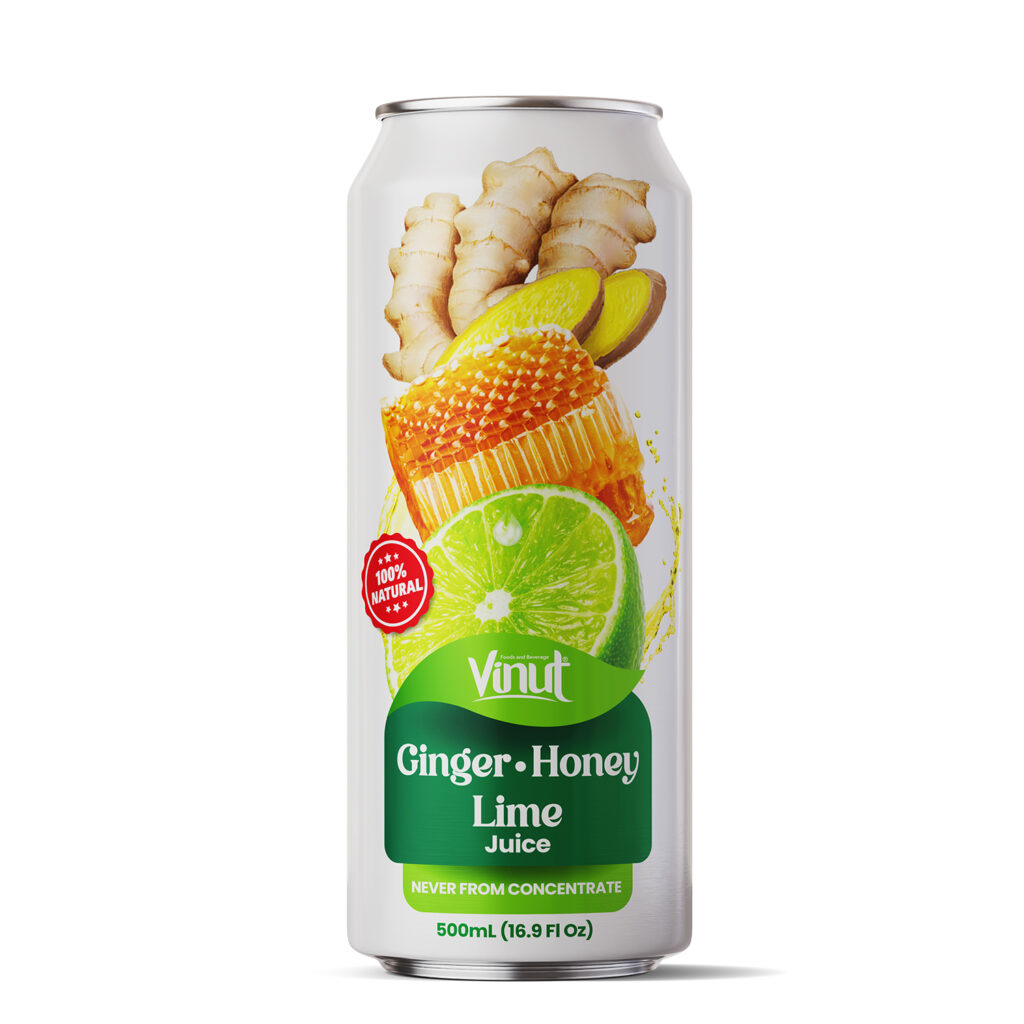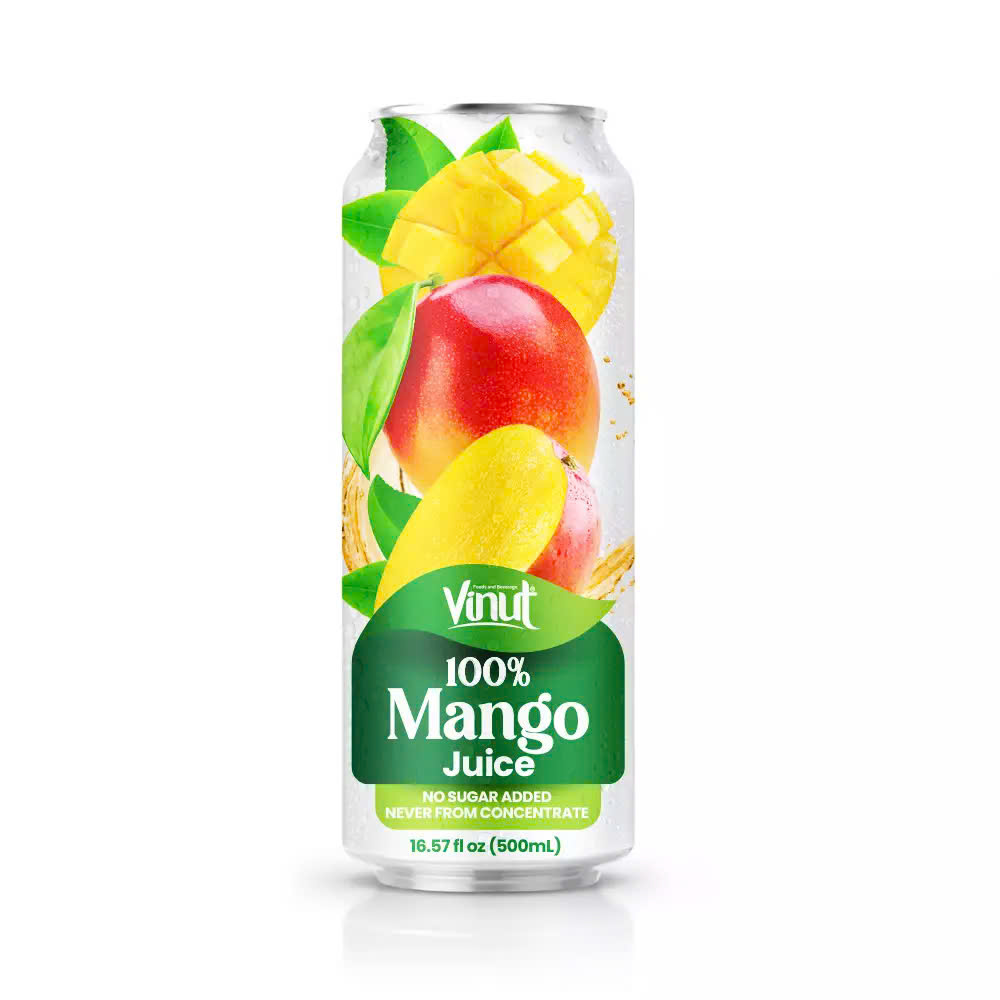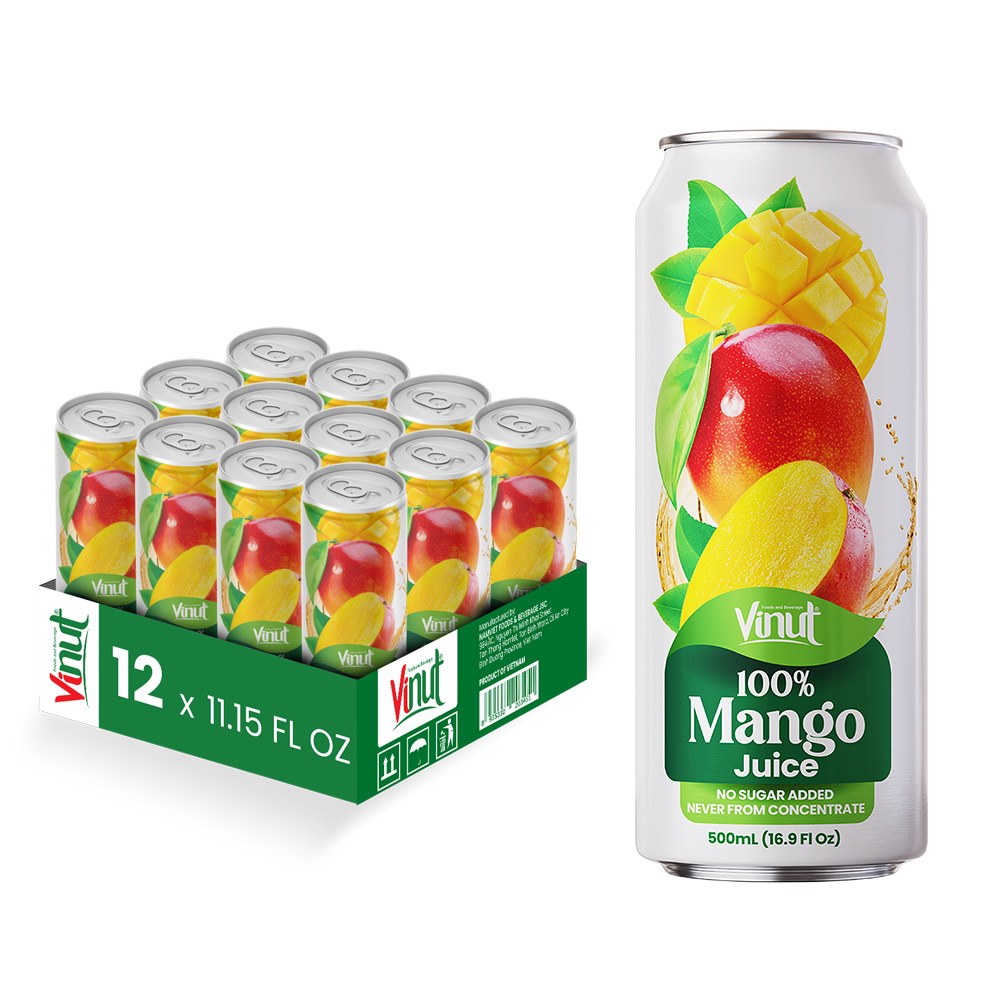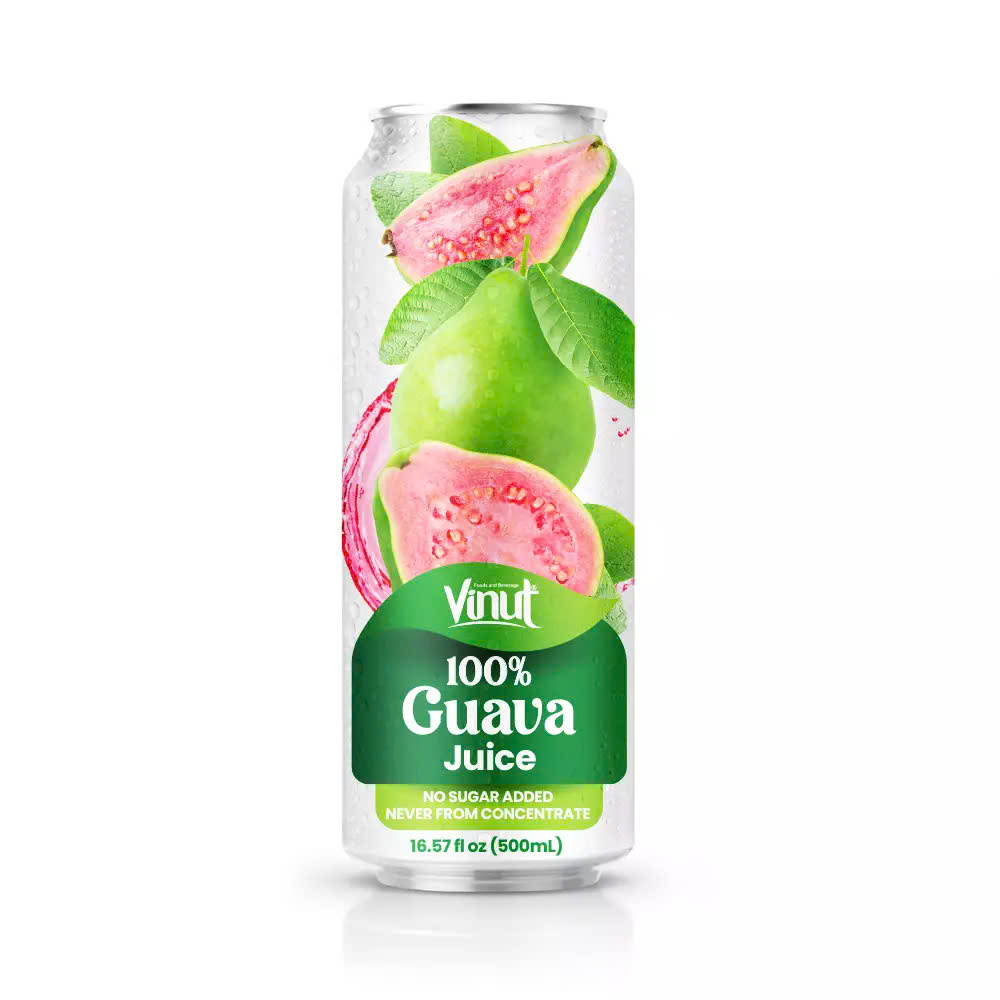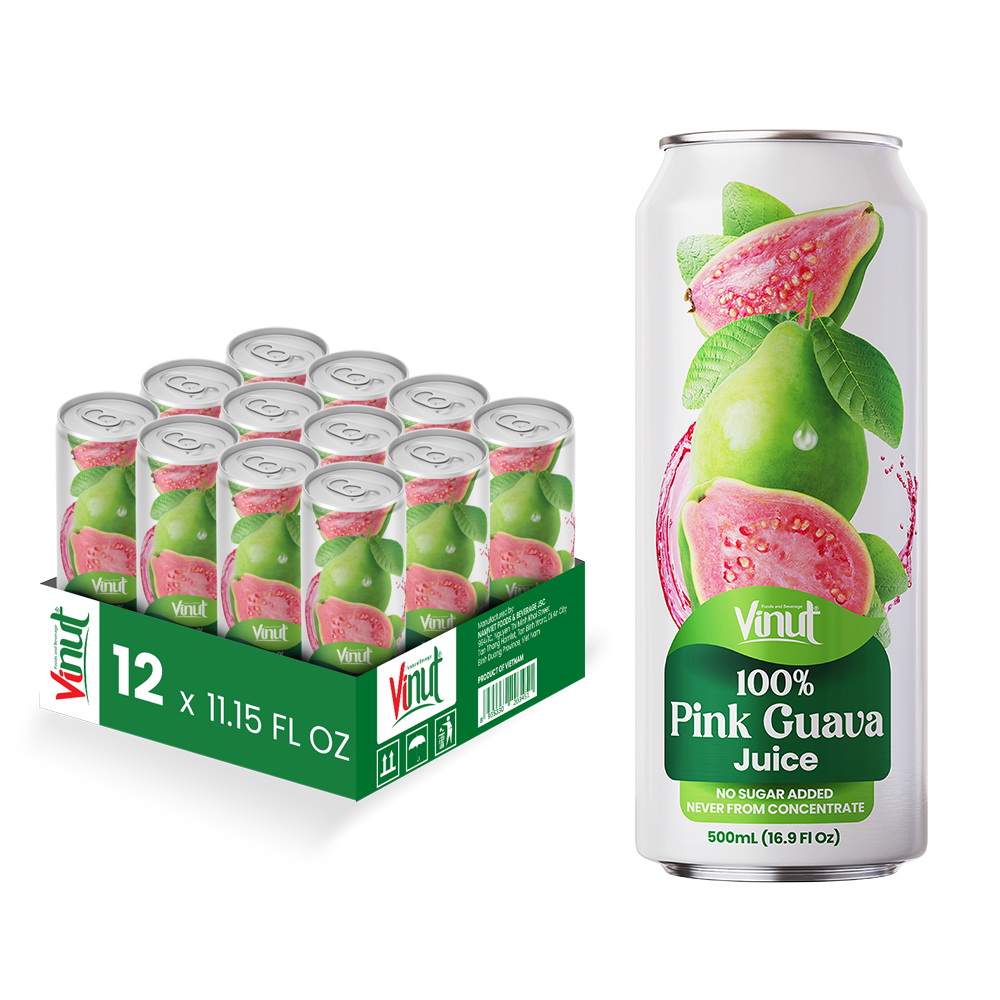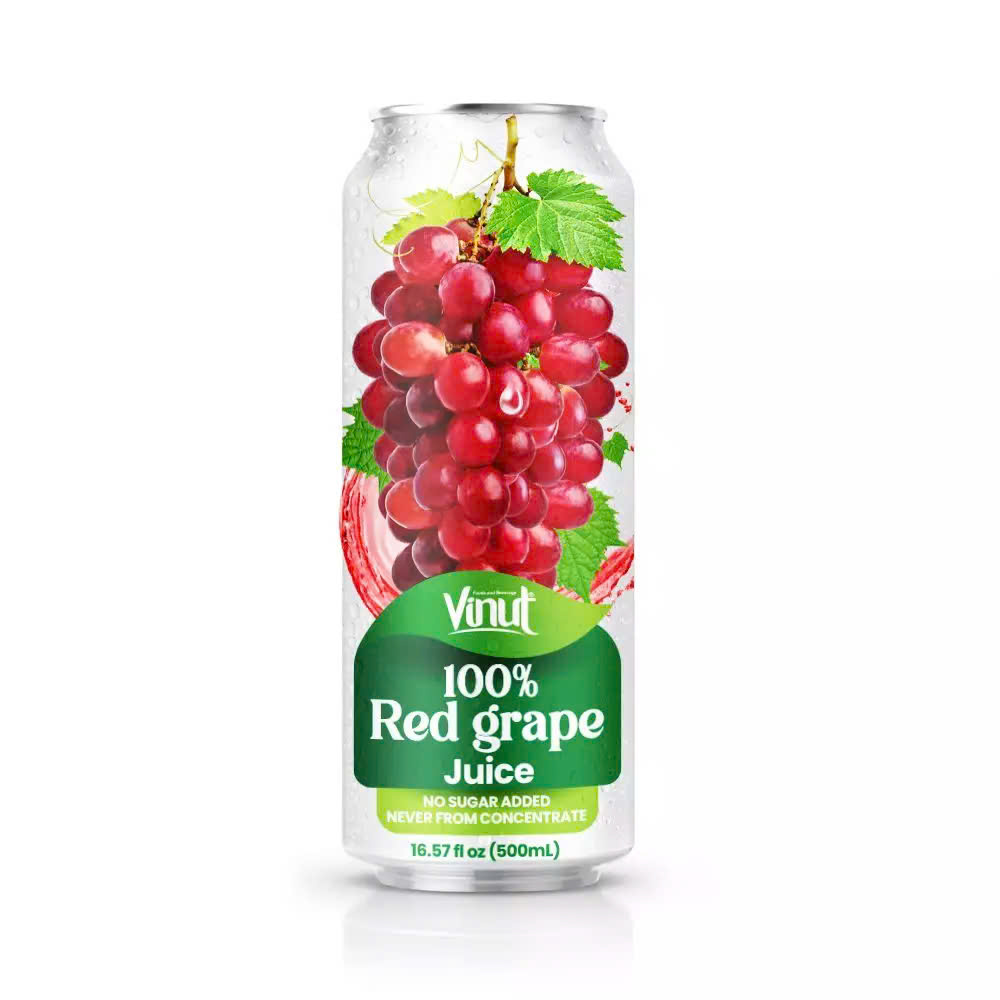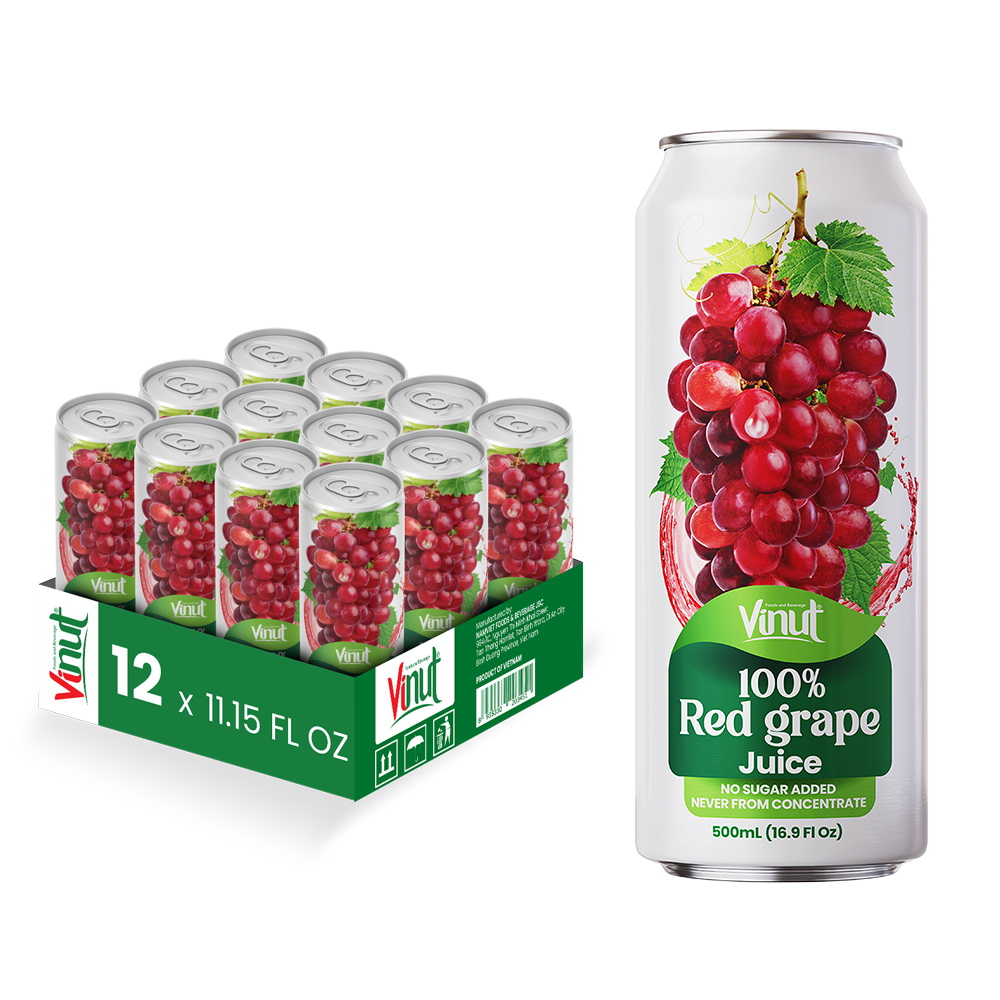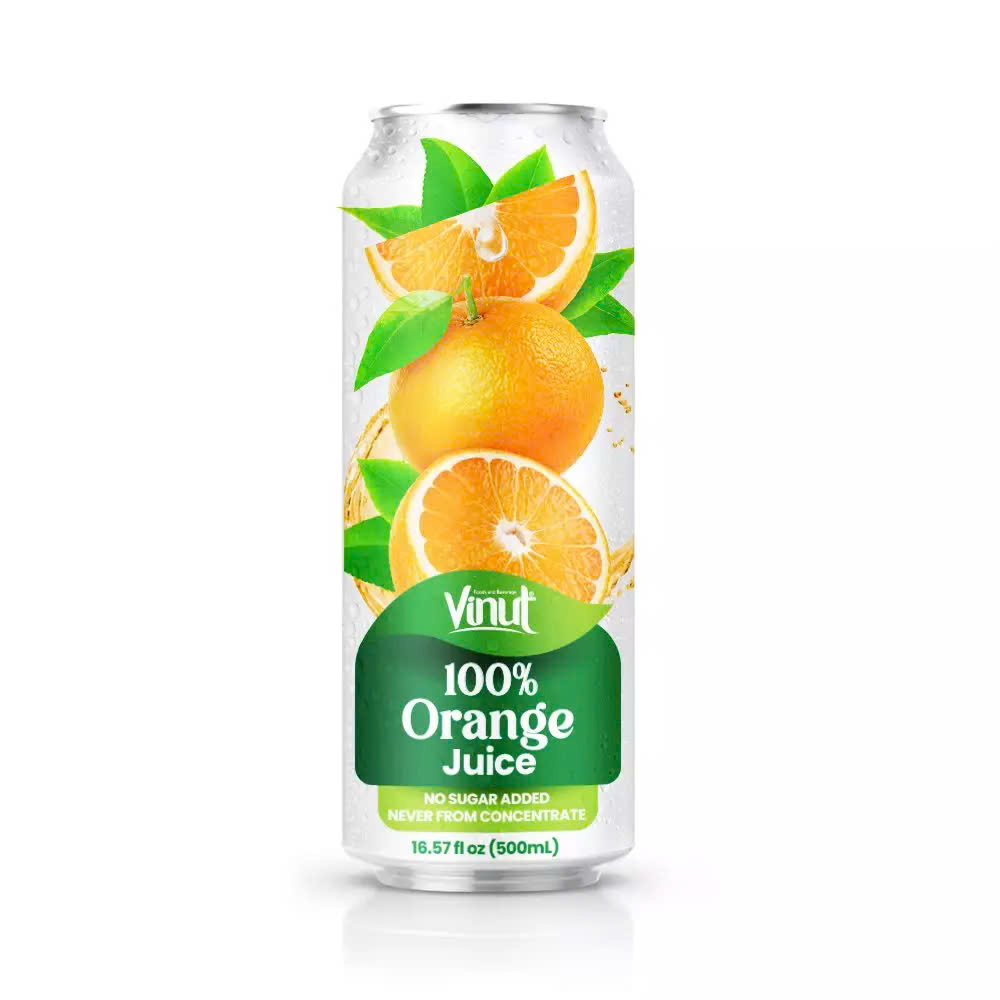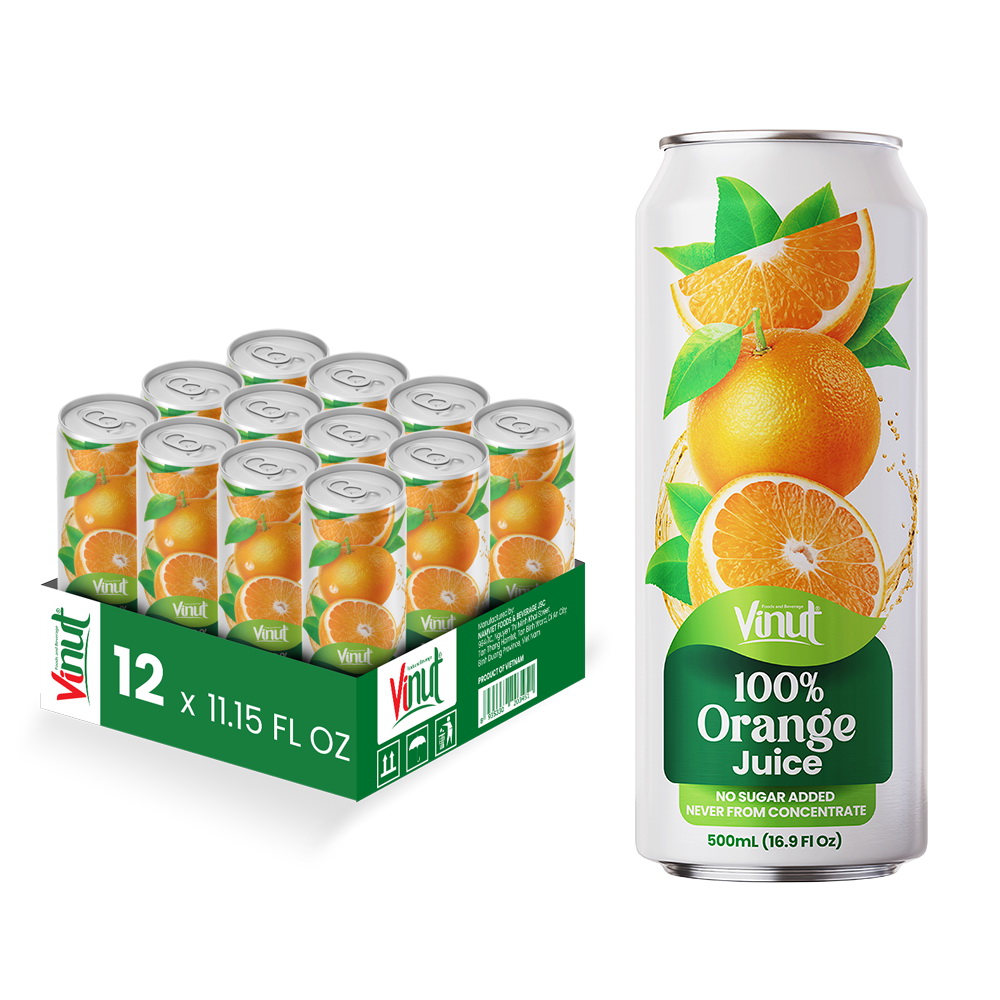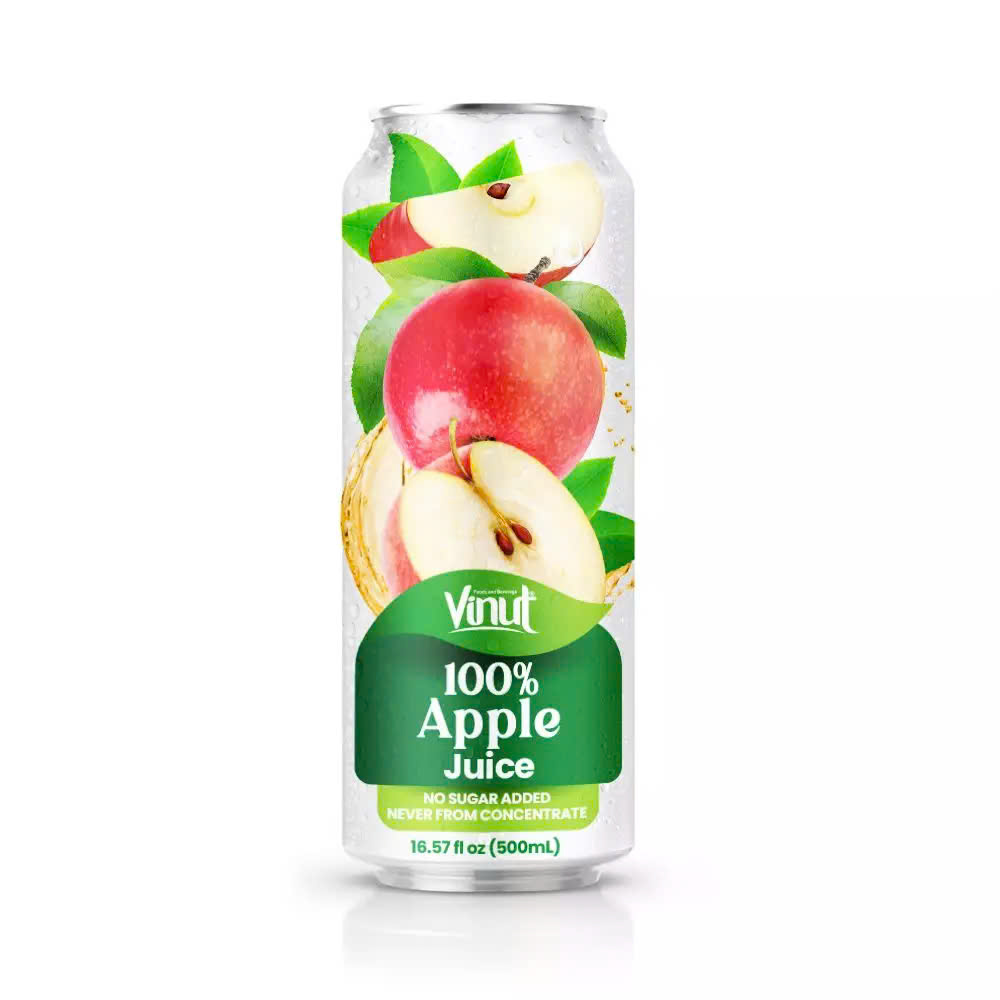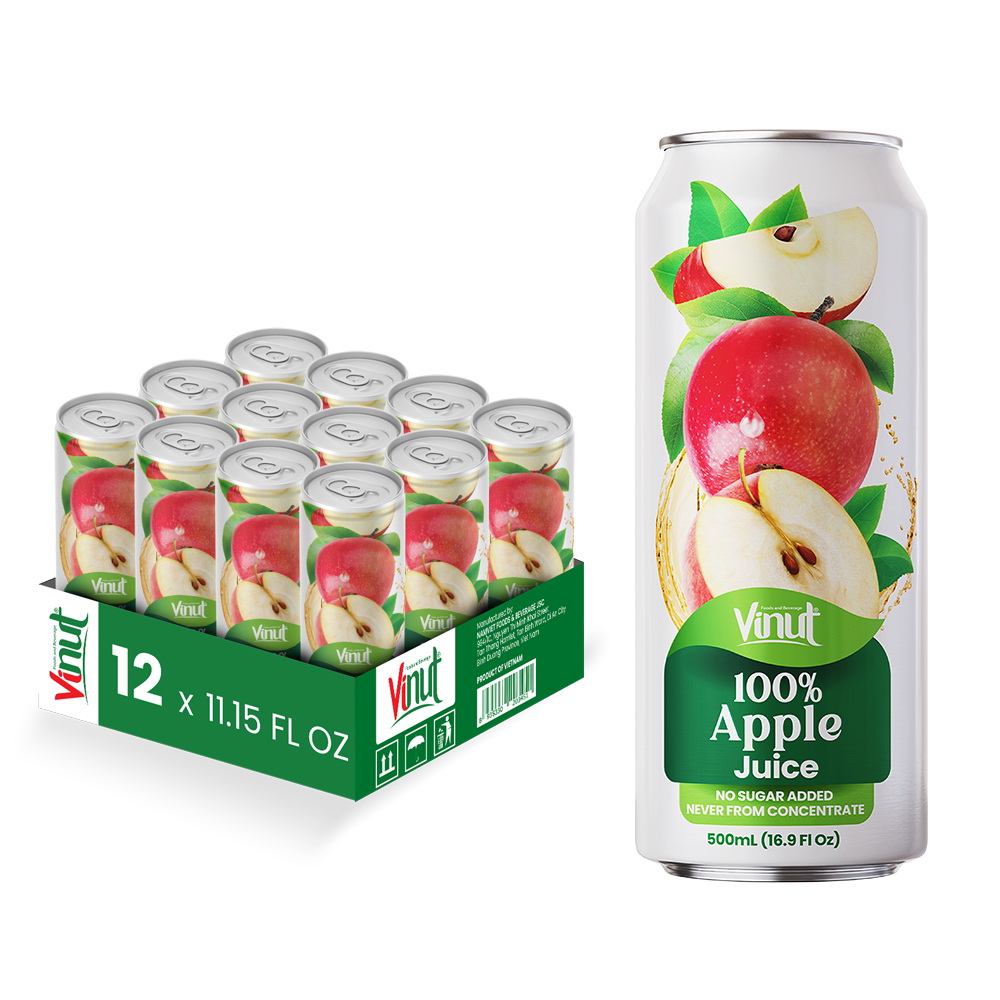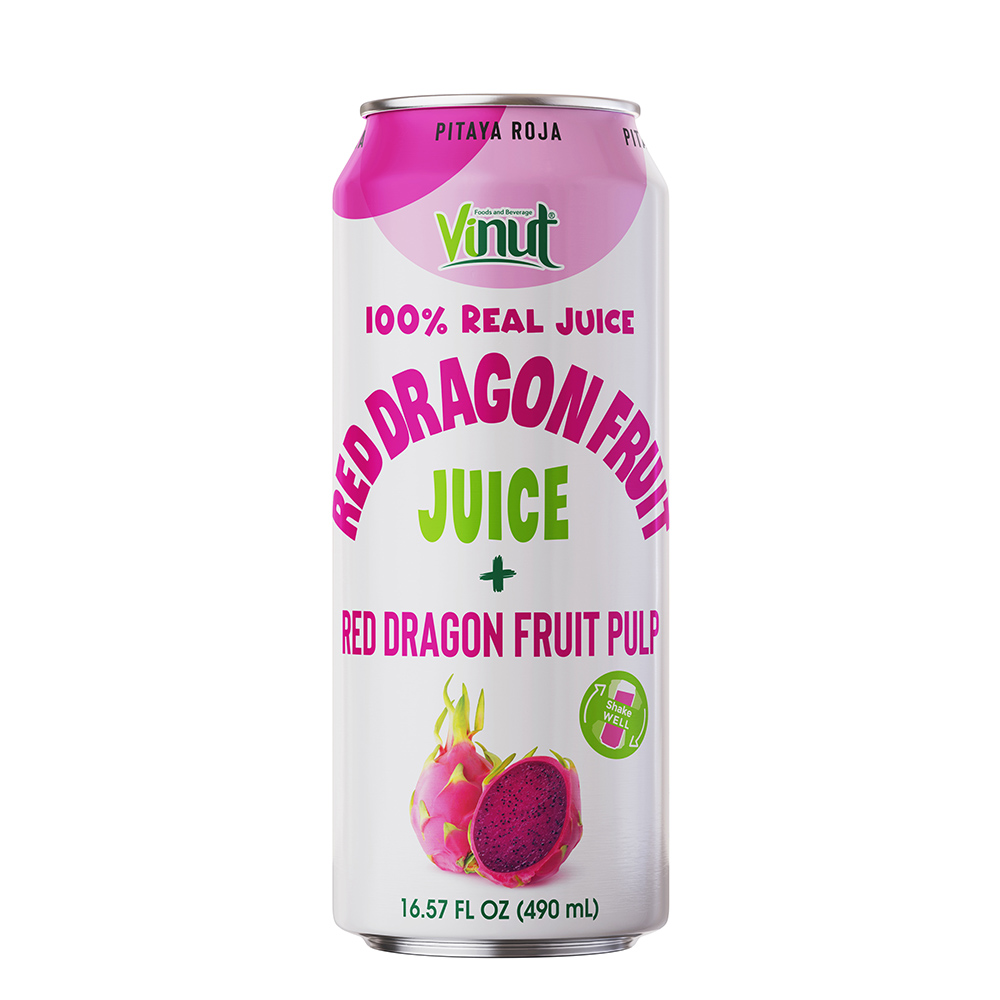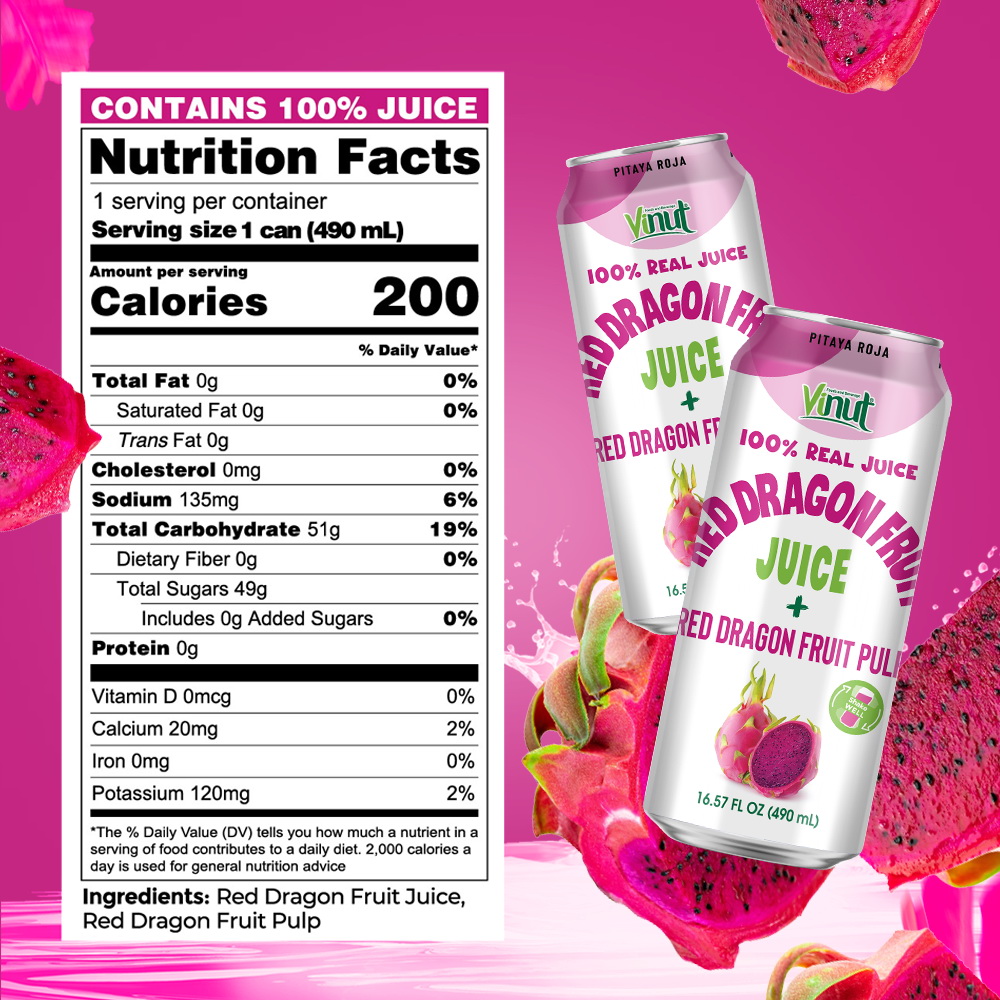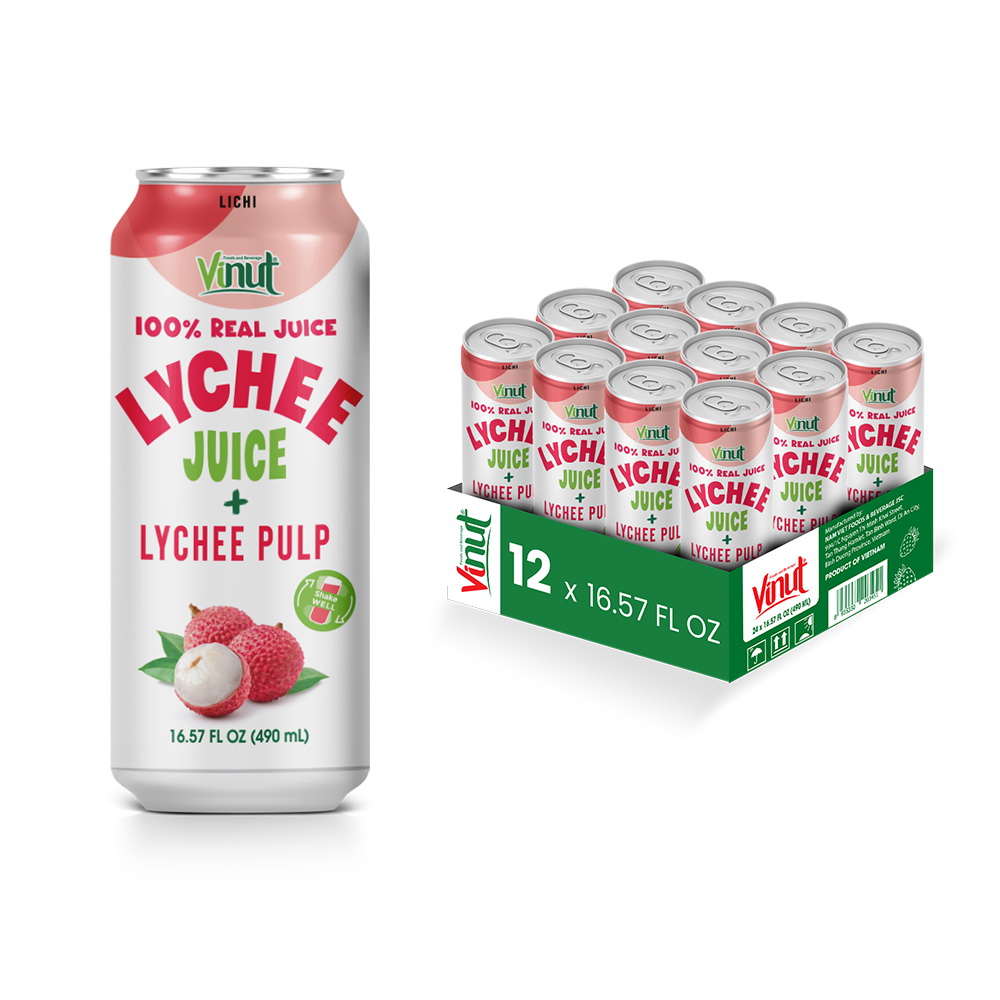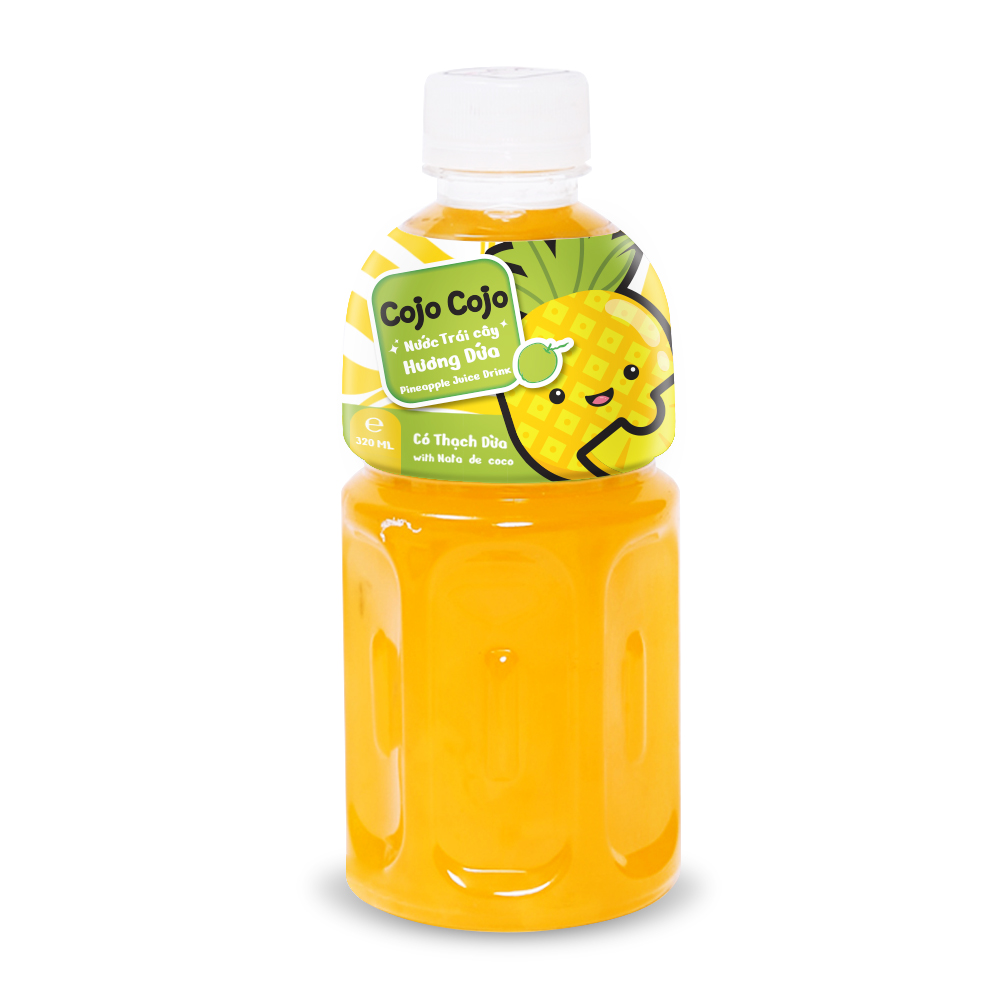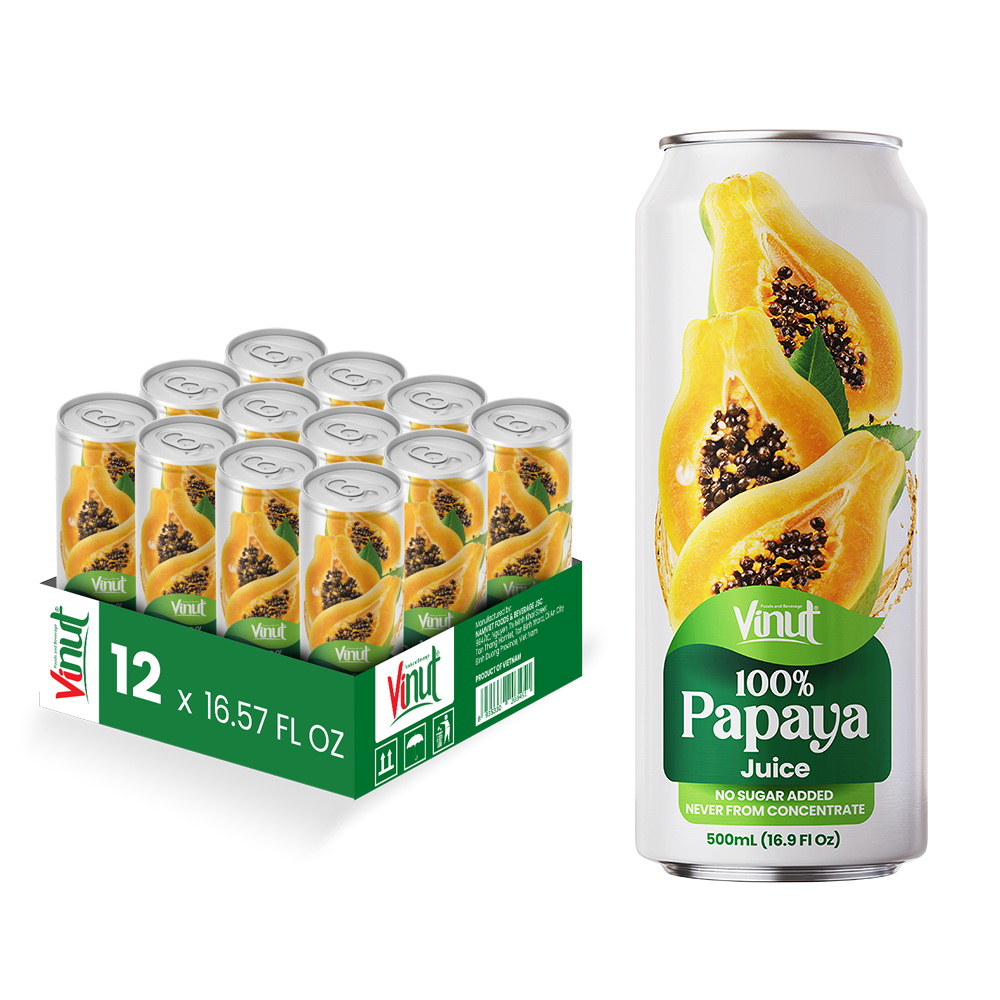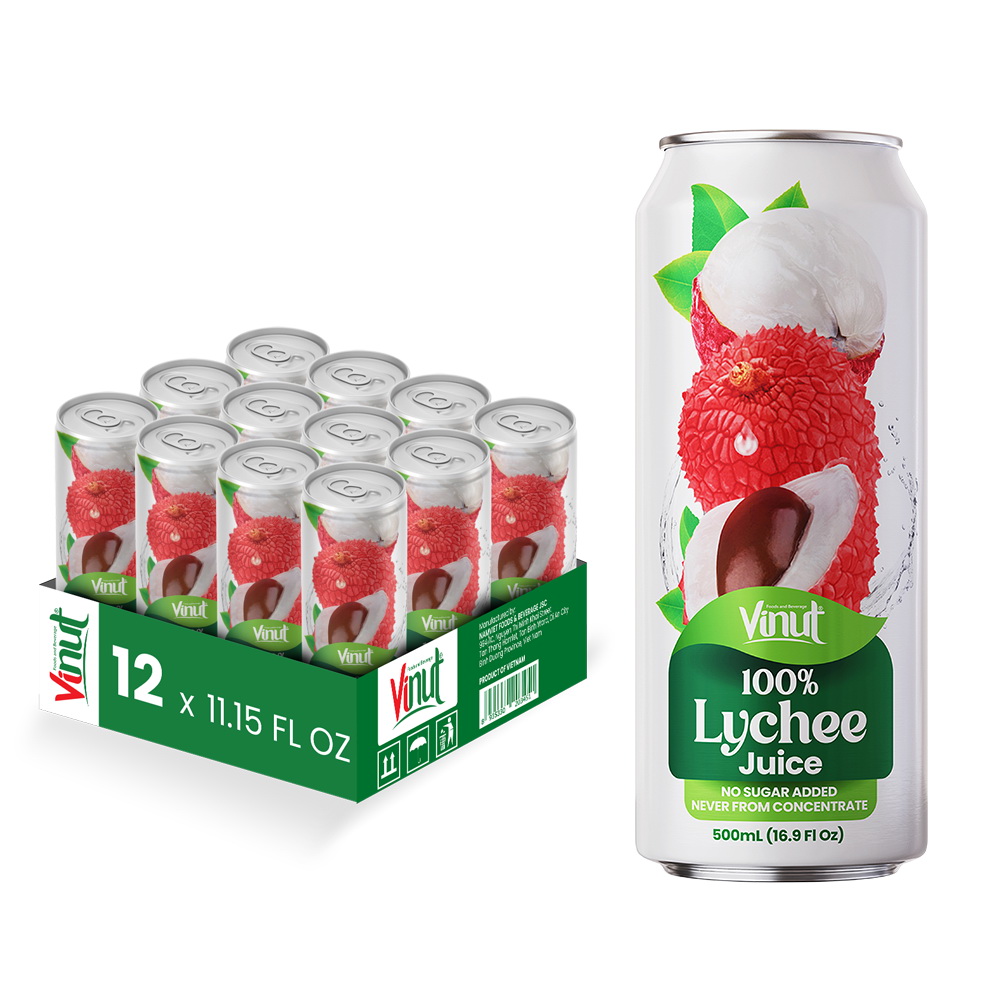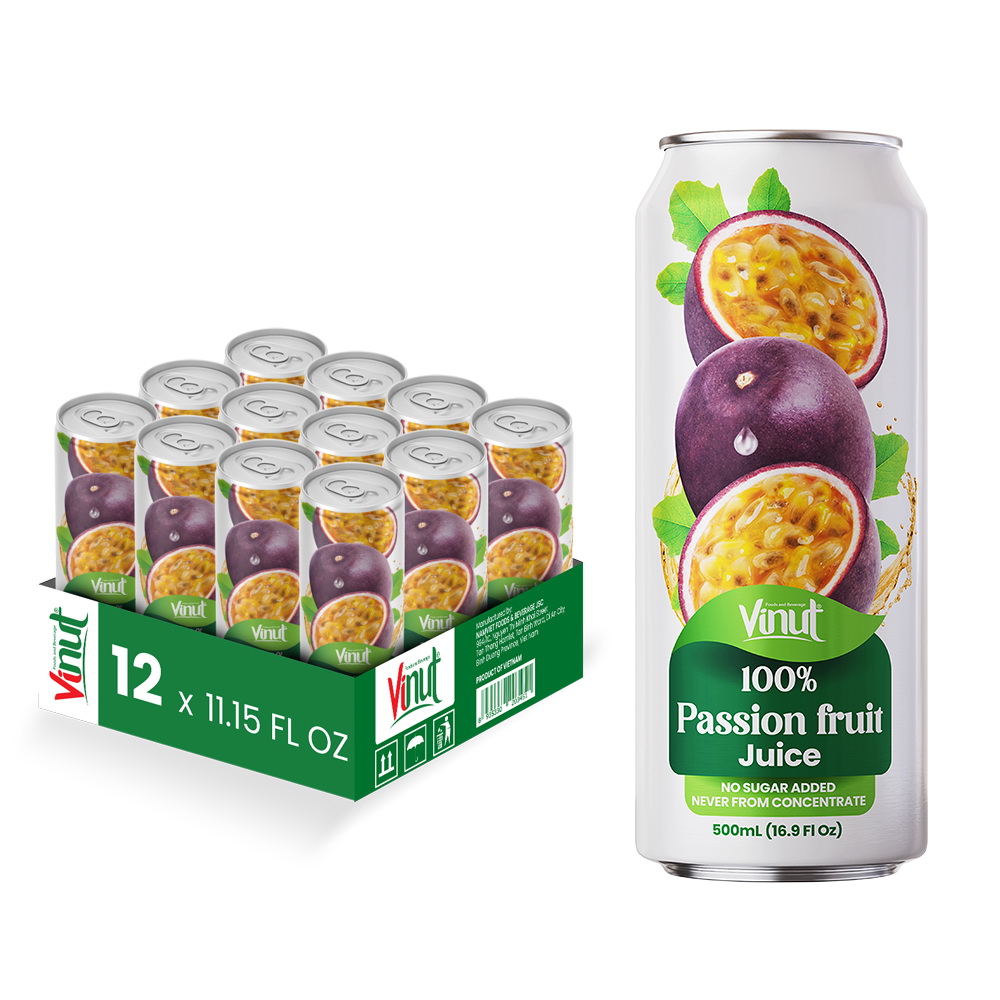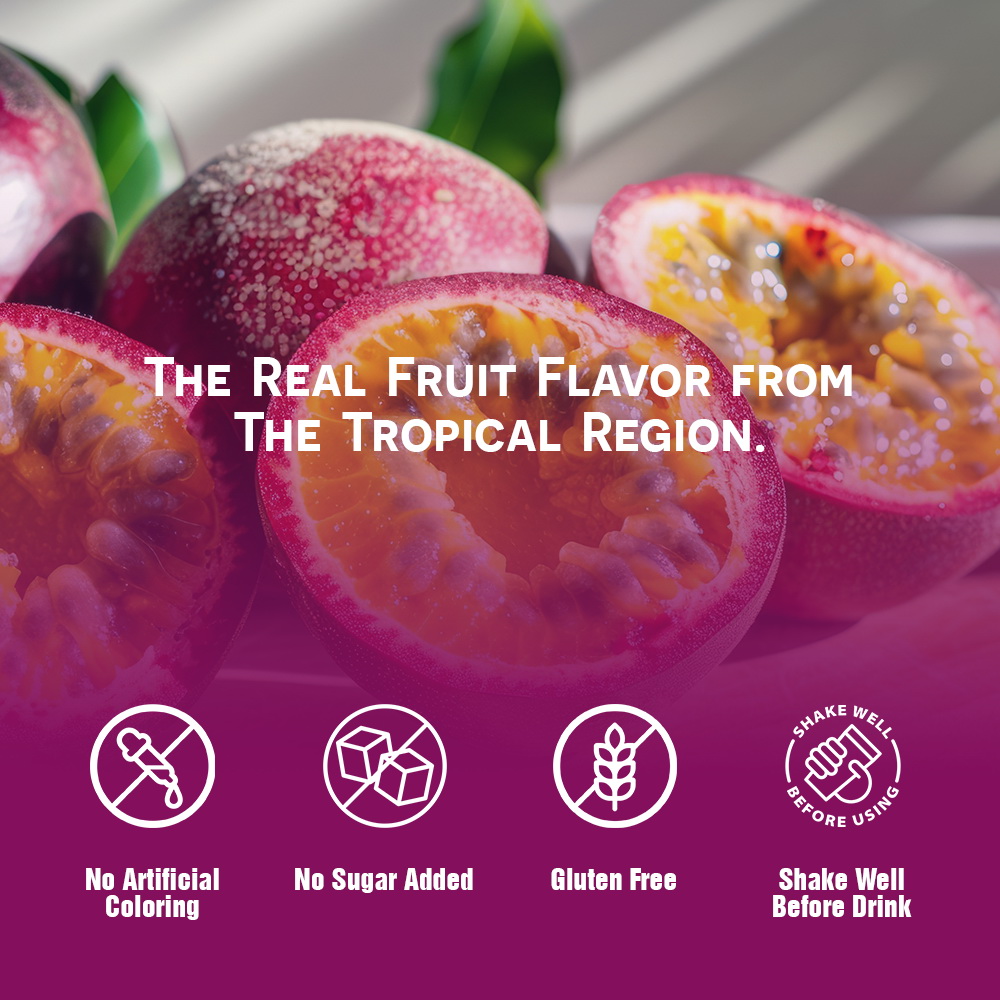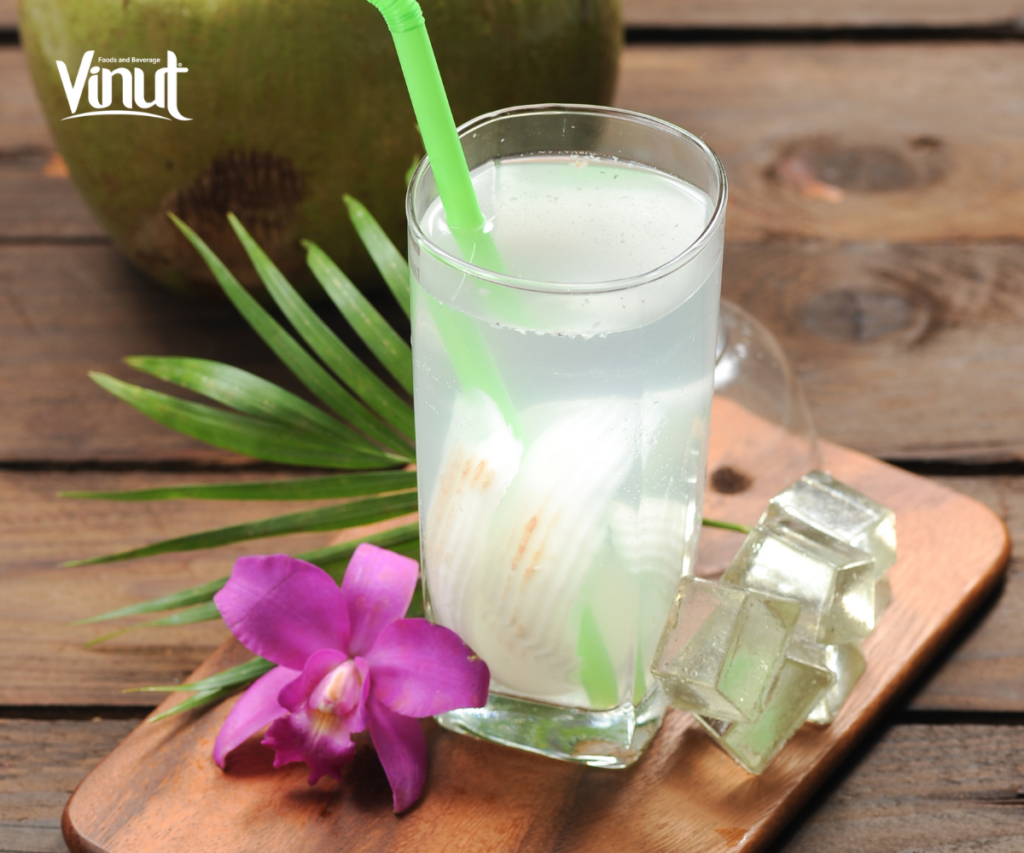
BLOG
Who Should Avoid Drinking Coconut Water
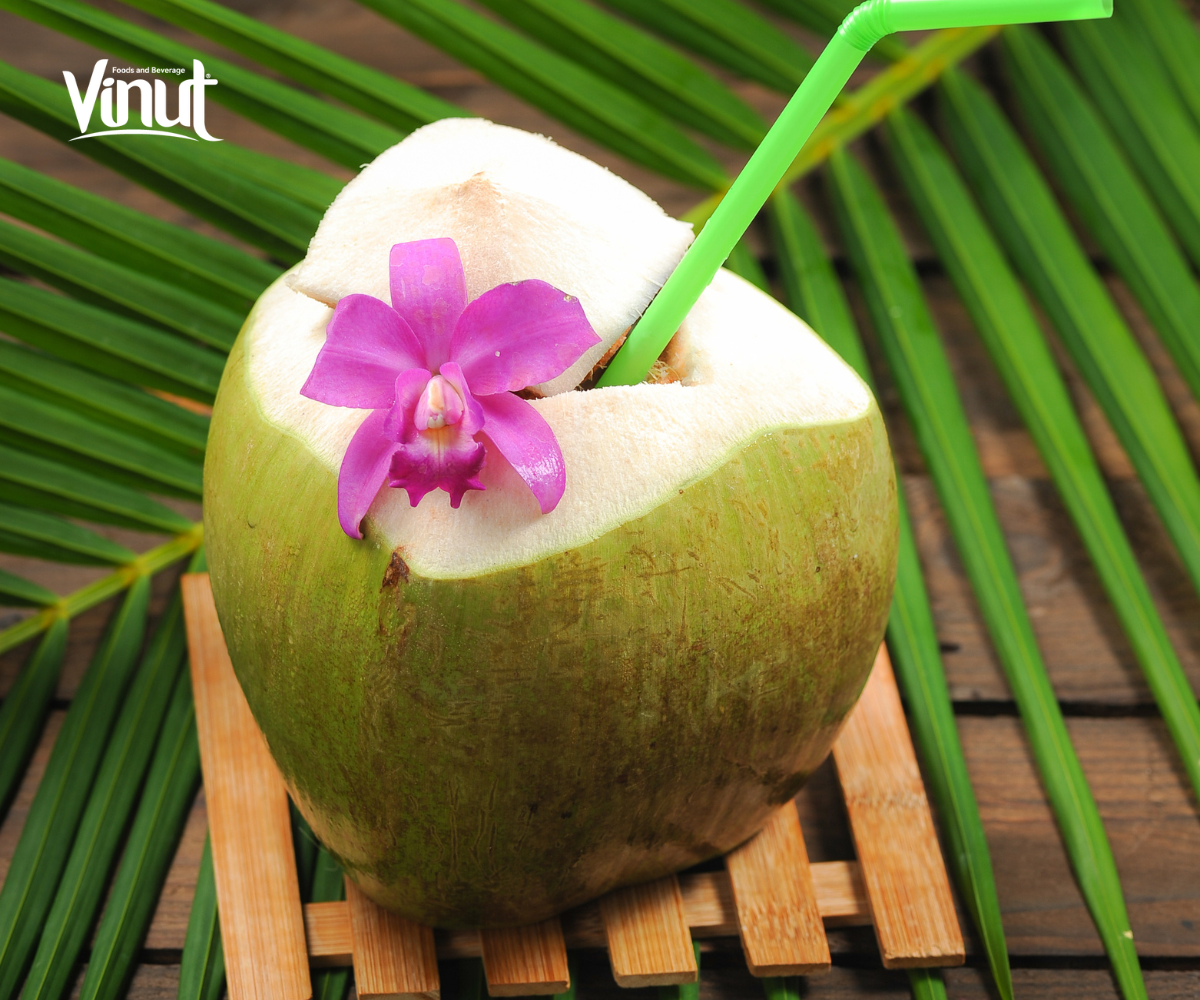
1. Understanding Coconut Water

Before diving into the specifics of who should avoid coconut water, let’s clarify what it is. Coconut water is the clear liquid found inside young, green coconuts. It is distinct from coconut milk, which is made from grated coconut meat. Coconut water is rich in potassium, sodium, magnesium, calcium, and antioxidants. It is often praised for its natural hydrating properties and potential benefits for heart health, digestion, and overall wellness.
2. Potential Drawbacks of Coconut Water

Despite its benefits, coconut water is not universally beneficial for everyone. Here are some specific groups who may need to avoid or limit their consumption:
a. People with Kidney Disorders
Coconut water is high in potassium, which is essential for maintaining proper bodily functions. However, excessive potassium intake can be problematic for individuals with kidney disorders. Healthy kidneys regulate potassium levels, but those with kidney disease or compromised kidney function may struggle with this balance. Elevated potassium levels can lead to hyperkalemia, a condition characterized by dangerously high potassium levels in the blood, which can cause serious complications such as heart arrhythmias or cardiac arrest.
Evidence:
- A study published in the American Journal of Kidney Diseases found that patients with chronic kidney disease must manage their potassium intake carefully to prevent adverse effects. Excessive potassium from dietary sources like coconut water could exacerbate their condition (Source: American Journal of Kidney Diseases, 2020).
b. Individuals with Diabetes
While coconut water is lower in sugar compared to many fruit juices, it still contains natural sugars that can affect blood glucose levels. For individuals with diabetes or insulin resistance, monitoring carbohydrate intake is crucial. Consuming coconut water without considering its impact on blood sugar levels can potentially interfere with glucose management.
Evidence:
- Research in the Journal of Diabetes Research highlights that individuals with diabetes should be cautious with their intake of beverages containing natural sugars, including coconut water, as it can contribute to elevated blood glucose levels if consumed in excess (Source: Journal of Diabetes Research, 2018).
c. Those on a Low-Potassium Diet
Certain medical conditions, such as adrenal insufficiency or some medications, may require individuals to follow a low-potassium diet. Coconut water’s high potassium content can make it unsuitable for those with such dietary restrictions. Consuming coconut water could interfere with their dietary goals and potentially lead to unwanted health issues.
Evidence:
- According to the Nutrition Journal, individuals with conditions requiring low-potassium diets should avoid high-potassium foods and beverages to manage their condition effectively (Source: Nutrition Journal, 2019).
d. People with Allergies
Although rare, some individuals may be allergic to coconut or its derivatives. Allergic reactions can range from mild symptoms like hives to severe anaphylactic responses. For these individuals, consuming coconut water could trigger an allergic reaction.
Evidence:
- A review in Allergy & Asthma Proceedings discusses the potential for allergic reactions to coconut products and highlights that individuals with known coconut allergies should avoid all forms of coconut, including coconut water (Source: Allergy & Asthma Proceedings, 2021).
e. Pregnant and Breastfeeding Women
While coconut water is generally safe for most people, pregnant and breastfeeding women should consume it in moderation. The hydration benefits are significant, but it is essential to ensure that it is part of a balanced diet that meets all nutritional needs. Overconsumption may lead to excessive calorie or electrolyte intake.
Evidence:
- A study published in The Journal of Nutrition advises that while coconut water can be a part of a pregnant or breastfeeding woman’s diet, it should be consumed with awareness of overall dietary intake and balanced nutrition (Source: The Journal of Nutrition, 2022).
3. General Health Benefits of Coconut Water

For most people, coconut water can be a beneficial addition to their diet. Here’s why:
a. Excellent Hydration
Coconut water is a natural hydrator, rich in electrolytes such as potassium and sodium, which are essential for maintaining fluid balance in the body. It is often recommended as a healthy alternative to sugary sports drinks and sodas.
b. Supports Heart Health
The potassium content in coconut water helps maintain blood pressure levels by counteracting the effects of sodium. Consuming coconut water regularly can contribute to cardiovascular health by promoting healthy blood pressure.
c. Aids Digestion
Coconut water has been shown to aid digestion and prevent constipation due to its high fiber content. It helps keep the digestive tract functioning smoothly and supports overall gastrointestinal health.
d. Provides Antioxidants
The antioxidants in coconut water help neutralize harmful free radicals in the body. This can contribute to reducing oxidative stress and lowering the risk of chronic diseases.
e. Supports Weight Management
Low in calories and high in nutrients, coconut water can be a good choice for those looking to manage their weight. It provides hydration and essential vitamins without added sugars or excess calories.
4. Conclusion: Coconut Water for the General Population
In conclusion, while there are specific groups of people who should be cautious or avoid drinking coconut water due to health conditions or dietary restrictions, it remains a healthy choice for most individuals. For the general population, coconut water offers numerous benefits, including hydration, cardiovascular support, digestive health, and antioxidant properties.
It is always wise to consult with a healthcare professional if you have specific health concerns or conditions that may affect your ability to consume coconut water safely. For the majority, incorporating coconut water into a balanced diet can enhance overall well-being and provide a refreshing, nutrient-rich beverage option.
For those interested in exploring more about the benefits of coconut water and making informed choices about their diet, further research and professional advice are recommended.


